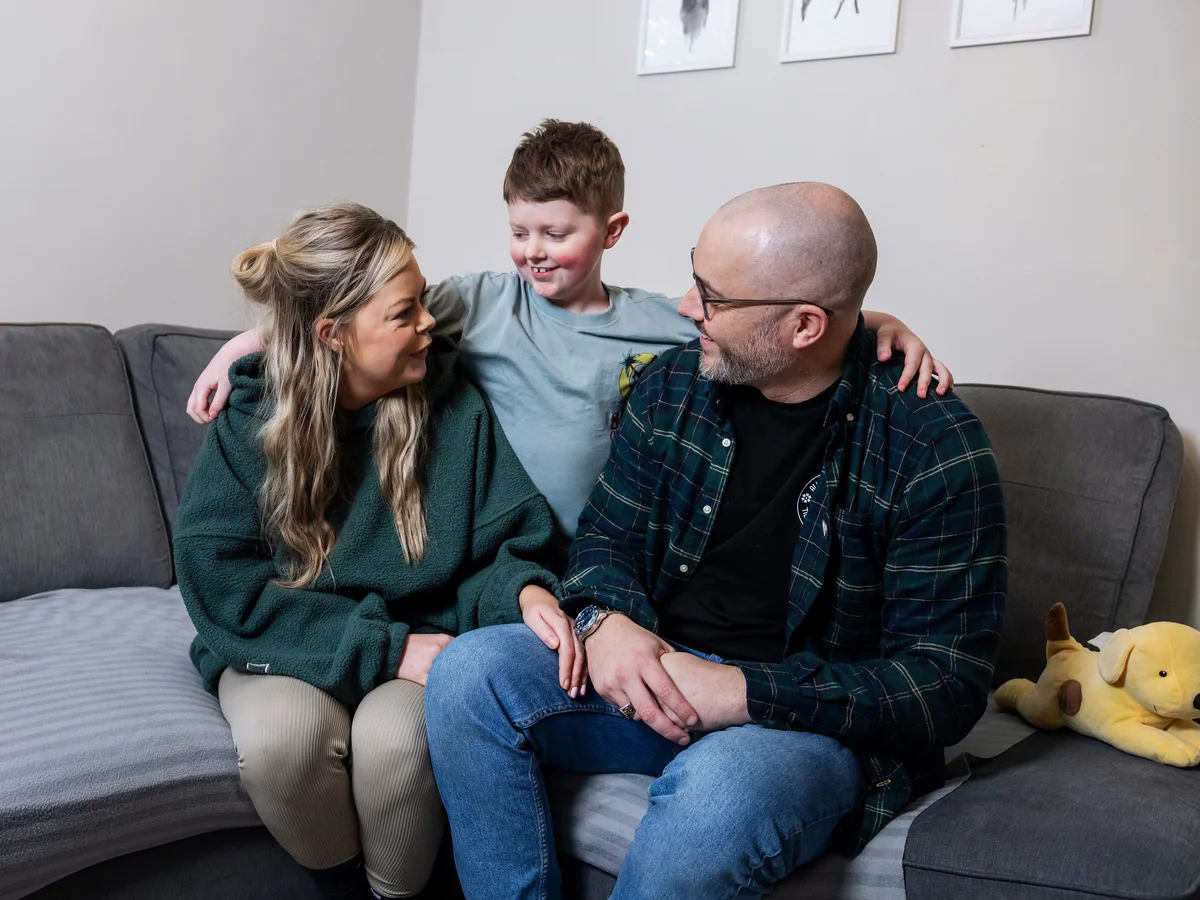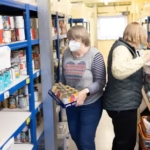The town of Corby in Northamptonshire has been thrust back into the national spotlight as families continue to demand answers about potential links between toxic waste exposure and an alarming pattern of rare cancer cases in the area. Concerns have been growing steadily over the past months, driven by emotional testimonies from parents, health data shared at community forums, and renewed attention from local campaigners who believe that the long-standing issue has not been adequately addressed.
For many families living in Corby, these concerns are not new. The town has grappled with questions about industrial contamination for decades, particularly related to the legacy of the town’s former steelworks, which once operated as one of the area’s major employers. While the steelworks closed in the 1980s, campaigners say its impact remains, and the resurfacing of health concerns has reopened painful conversations that have never truly gone away.
Parents have come forward stating that multiple cases of rare childhood cancers, including certain forms of leukaemia, appear unusually concentrated within specific neighbourhoods. These communities believe the pattern is too distinct to ignore. Many of the affected families shared their stories publicly, describing years of uncertainty, emotional distress, and battles with illness that left them searching for explanations.
At recent community meetings held in Corby, residents expressed a mixture of frustration and determination. Some say they had long suspected that something wasn’t right but felt their concerns were dismissed or downplayed over the years. Now, with more voices joining the call for clarity, a renewed push for a full investigation has gained momentum. Residents want scientific scrutiny, environmental testing, and a transparent review of the health data to finally determine whether there is a connection between past industrial waste management and present-day health outcomes.
The heart of the concern stems from allegations that toxic waste from the old steelworks site may have been improperly handled or stored decades ago. Community members believe that harmful substances could have seeped into the environment, contaminating soil or groundwater around the town. Local campaigners have repeatedly raised questions about whether proper disposal procedures were followed during the dismantling of the steelworks and the redevelopment of nearby land.
Corby’s history includes a major legal case in the 2000s, when families took the borough council to court over birth defects believed to be linked to environmental contamination. Although that case focused on different health issues, it laid a foundation of mistrust that still lingers today. Many residents say that given the town’s past, the authorities should be especially vigilant and proactive when it comes to addressing new health concerns.
Local health officials have acknowledged the community’s worries and have pledged to review the latest data carefully. However, they also caution that proving a direct link between environmental exposure and specific cancer cases is scientifically complex. Factors such as genetic predisposition, lifestyle, and coincidence can all play roles, making environmental causation difficult to establish. Still, families say that complexity should not be an excuse for inaction.
Some families have described living through years of unanswered questions. They recount noticing unusual clusters of illness on particular streets or in close-knit estates where multiple children developed similar conditions. These stories have contributed to a rising sense of urgency, with families advocating for environmental surveys to be conducted in and around former industrial zones.
Local councillors have begun engaging with residents more actively, attending public meetings and listening to testimonies. Many councillors agree that the situation warrants further investigation and transparency. They stress that the health and confidence of the community must come first. One councillor recently commented that Corby cannot move forward until people feel reassured that their environment is safe for themselves and their children.
Environmental activists have also joined the discussion, calling for the government to implement more robust monitoring of former industrial areas across the UK. They argue that Corby is not the only town where historical industrial activity may continue to affect public health today. According to them, what is happening in Corby could serve as a national wake-up call, highlighting the importance of environmental accountability and long-term monitoring.
In addition to environmental concerns, families say they want improved support systems for those affected by these illnesses. Some parents describe lengthy hospital stays, emotional strain on siblings, financial stress from time off work, and the overwhelming burden of navigating complex medical systems. While the NHS provides world-class cancer care, families say they often feel isolated when it comes to specific guidance related to environmental risks or what steps to take next.
Support groups have started forming across Corby, bringing together families who share similar experiences. These groups provide a space for emotional connection, resource sharing, and coordinated advocacy. Parents in these networks say that simply meeting others who understand their fears makes a significant difference. Several groups have now begun partnering with environmental scientists and legal advisers to push for independent testing of soil and water quality in key locations.
Pressure has also been mounting on policymakers. Some MPs have voiced support for the community’s request for a government-backed investigation. They argue that public safety must outweigh financial or political concerns and that ignoring residents’ worries risks deepening mistrust between local authorities and the public.
Younger residents have become part of the movement too, with students attending awareness events and community marches. Many of them say they don’t want to grow up in a town where questions about environmental safety are left unanswered. Their involvement has added momentum to the campaign and brought a new sense of determination to the cause.
On the scientific side, experts emphasise that modern environmental health assessments are far more comprehensive than those of past decades. New techniques in soil sampling, water analysis, and isotopic tracing can detect contaminants at extremely low levels. Researchers believe that if a focused and transparent study is conducted, it could either rule out environmental hazards or identify areas where mitigation is needed.
For now, Corby stands at a crossroads. The families demanding answers are not driven by politics or financial interest — they are driven by love for their children, fear of the unknown, and the desire to create a safe environment for future generations. They say they are not looking for blame; they are simply seeking clarity, honesty, and action.
As their voices grow louder, national attention is beginning to turn toward Corby once again. The coming months will be important in determining whether their calls lead to meaningful change. For the families at the heart of this growing movement, the hope is that, this time, their concerns will not be forgotten, dismissed, or overshadowed. They want answers — and they are committed to fighting until they get them.



